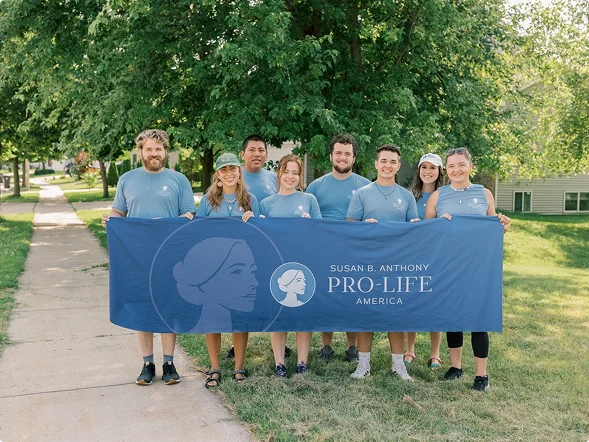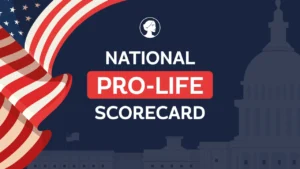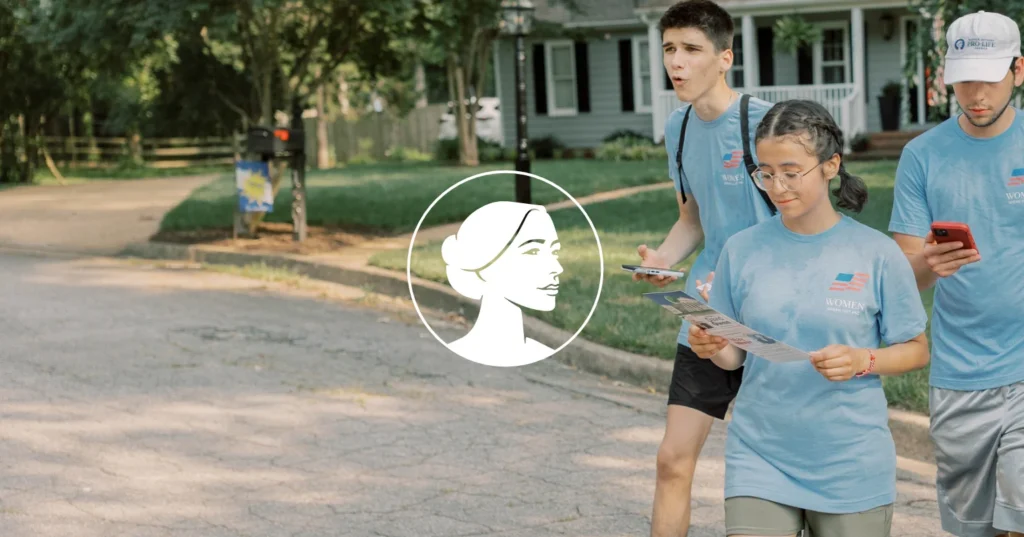Brief: FDA Failed Women by Rubber-Stamping Mail-Order Abortion Drugs

For Immediate Release: March 12, 2024
Contact: [email protected] | View Newsroom
“A call to a hotline or remote prescriber will not help a hemorrhaging woman reach an emergency room quickly”
Washington, D.C. – The U.S. Food and Drug Administration made it impossible for women to receive full informed consent about their risks when it allowed dangerous abortion drugs to be sent through the mail without the in-person, ongoing care of a doctor, argues a new brief led by Susan B. Anthony Pro-Life America with nearly a dozen amici curiae.
On March 26 the Supreme Court will hear FDA v. Alliance for Hippocratic Medicine and Danco v. Alliance for Hippocratic Medicine, petitions in the landmark case in which a group of doctors are challenging the FDA’s reckless approval of mail-order abortion drugs. The groups’ brief asks the Court to affirm the 5th U.S. Circuit Court of Appeals, which previously found that the FDA’s actions likely violated the law.
The brief highlights serious risks to a woman’s life, health and fertility from taking mail-order abortion drugs, refuting the abortion industry lie that these drugs are “safer than Tylenol” (internal citations omitted):
- Risk from undiagnosed ectopic pregnancy
Ectopic pregnancy accounts for about one in 50 pregnancies in the U.S.
- “An ectopic pregnancy can rupture the fallopian tube as the pregnancy progresses, causing major internal bleeding, severe pain, and possibly death if emergency surgical intervention is unavailable. Half of women who experience ectopic pregnancy do not have any risk factors…ectopic pregnancies can only be reliably diagnosed through an ultrasound evaluation and confirmation of the location of the pregnancy.”
- “As of June 30, 2021, at least 97 women with ectopic pregnancies in the United States had been given mifepristone. At least two of these women bled to death…they likely did not recognize that their abdominal pain and bleeding were indications of a life-threatening ectopic pregnancy, not expected effects of a chemical abortion. A woman is 30% more likely to die from an ectopic pregnancy while undergoing an abortion than if she had an ectopic pregnancy but had not sought an abortion.”
- Risk to the unborn child in future pregnancies
- “The Rh factor is a protein found on the surface of red blood cells…if a mother is Rh-negative and her unborn child is Rh positive, when the baby’s blood gets into the mother’s bloodstream, her body will recognize that the Rh-positive blood is not hers and produce anti-Rh antibodies. These antibodies can cross the placenta in future pregnancies and lead to serious health problems, or even death, for the unborn child or newborn. A woman’s body can still produce these antibodies even if the first pregnancy is not carried to term because of abortion. Thus, Rh-negative patients who have been pregnant before must be administered Rhogam to avoid miscarriage or severe injury to their future unborn children. But Rh-negative women who are not tested before a chemical abortion may not know that they need treatment.”
- Risk of coercion
Peer-reviewed U.S. research shows that nearly 70% of women with a history of abortion describe their abortions as inconsistent with their own values and preferences, with one in four describing their abortions as unwanted or coerced.
- “Coerced consent is no consent at all, and there is an increased risk of coercion and abuse in the context of abortion drugs if the prescriber does not thoroughly screen the patient. Abortion-inducing drugs are inherently different from other prescription drugs in that they are prescribed with the purpose of ending a developing life, which increases both the probability and the magnitude of the risk that someone may force a pregnant patient to take the drugs against her will. This danger is increased by FDA’s removal of the in-person dispensing requirement—an important safeguard to ensure that physicians can directly see and evaluate the voluntariness of the patient’s consent.”
- “The BBC…commissioned a survey of one thousand women aged 18-44 to determine how common sexual coercion is and found that half said they had experienced at least one type of reproductive coercion. Fifteen percent of women surveyed said that they had experienced pressure to terminate a pregnancy against their will. Three percent were given a substance to cause an abortion without their knowledge or consent. Five percent experienced physical violence with the intention to end their pregnancies. Tragically, most instances of coerced abortion are never publicly known, and there is no justice for the victims. In-person dispensing requirements provided a line of defense—though an imperfect one—against coerced abortion.”
In-depth polling conducted by CRC Research for SBA Pro-Life America shows that Americans do not believe the FDA’s assertions that mail-order abortion drugs are safe. For more information about the dangers of abortion drugs, visit abortiondrugfacts.com.
Susan B. Anthony Pro-Life America is a network of more than one million pro-life Americans nationwide, dedicated to ending abortion by electing national leaders and advocating for laws that save lives, with a special calling to promote pro-life women leaders.
###



















